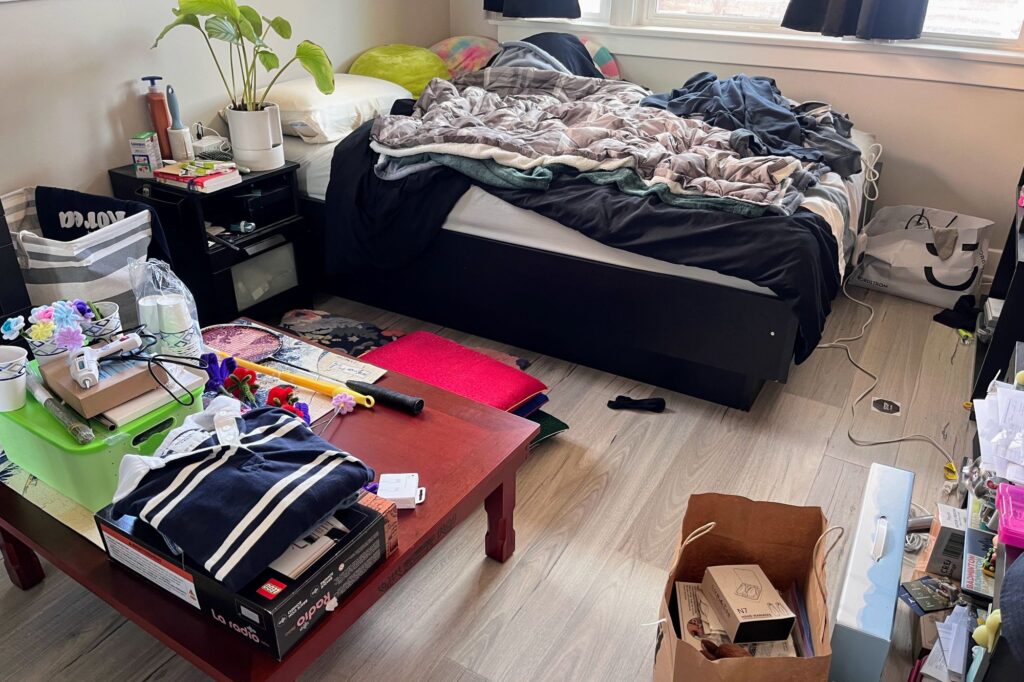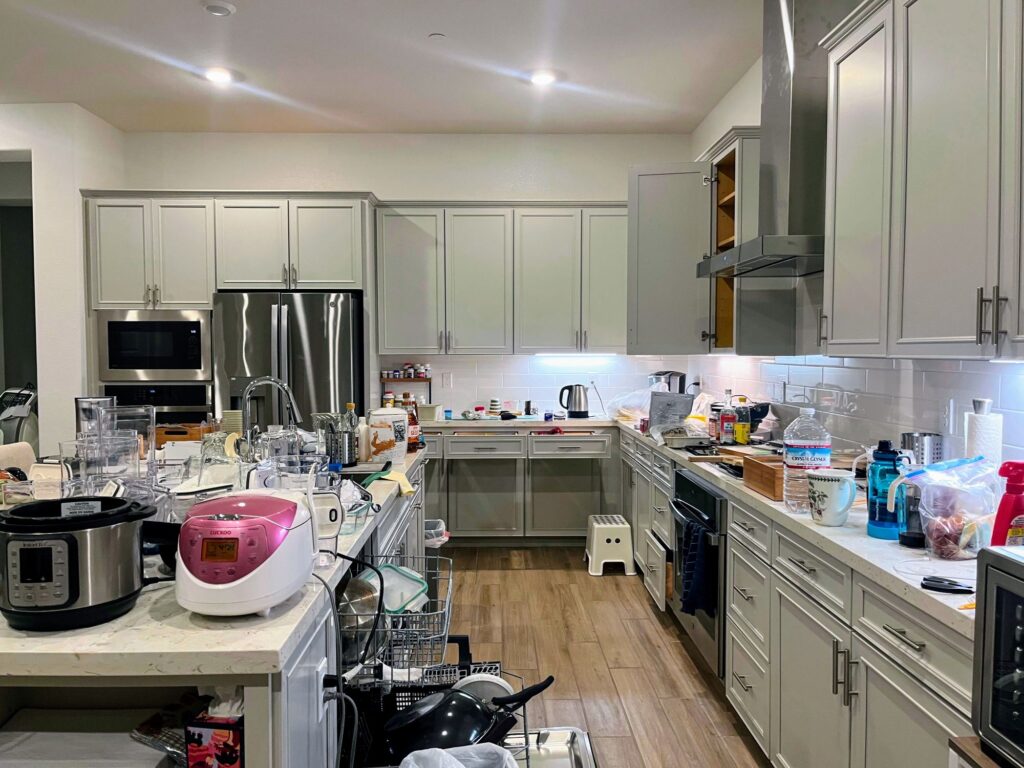Ever wonder if a dirty home could be more than just a mess? The truth is, a dirty house can be a real problem for your health—more than you might think. Dust, mold, and bacteria can quickly turn your space into a breeding ground for illness. Even clutter can have an impact. Let’s look at how a dirty home can silently put your health at risk—and what you can do about it.
Why a Clean Home Matters
A clean and organized space does more than look good—it helps support your overall well-being. When your home is free of dust, grime, and clutter, you’re less likely to deal with allergies, illness, or unwanted pests. It also becomes easier to keep things sanitary, especially in high-use areas like the kitchen and bathroom.
Beyond physical health, a clean space helps clear your mind. It reduces stress, improves focus, and creates a sense of calm. When your home feels fresh and put together, you feel more motivated and in control.
Warning Signs of a Dirty Home

It’s easy to overlook how a dirty home can impact your body. But certain signs may reveal that your living space is affecting your health and well-being. Frequent sneezing, coughing, or itchy eyes could mean that dust, pet dander, or mold is lowering your indoor air quality.
If you often wake up feeling stuffy or get headaches while at home, poor airflow or hidden mold could be the cause. Unexplained fatigue, skin irritation, or a musty smell are also common signs that your home may be making you sick.
Bacteria and allergens thrive in unclean spaces, increasing the risk of infections and triggering conditions like asthma or eczema. If you or your family often feel unwell at home, it may be time to take a closer look at your home’s cleanliness.
Recognizing these early warning signs can help you act fast—before small issues turn into serious health risks.
Why People Struggle to Keep Their Homes Clean
Keeping a home clean isn’t always easy, and many people find themselves living in a dirty home without meaning to. Busy schedules, lack of time, and exhaustion make it hard to stay on top of daily cleaning tasks. When life gets overwhelming, chores pile up, turning a dirty house into a bigger problem that can lead to serious health risks over time.
Another reason people struggle is clutter. Too many belongings make cleaning difficult, allowing dust and bacteria to build up. In a dirty home, hidden messes in closets, under furniture, and in neglected areas can create health risks. Without a simple system for staying organized, it’s easy to fall into a cycle of mess and frustration.
For some, the struggle comes from not knowing where to start. When a dirty home feels too overwhelming, people may put off cleaning, making things worse. Small, regular cleaning habits can make a big difference in reducing health risks and keeping your home safe and comfortable.
Health Risks of Living in a Dirty Home
Your home should be a safe place to rest and recharge—but when it’s not properly maintained, it can do the opposite. Without even realizing it, your surroundings might be working against your health.

1. Breathing Problems and Allergies
Dust, pet dander, and mold create serious health risks in a dirty home, often leading to sneezing, coughing, and breathing problems. Mold spores, in particular, can cause severe allergic reactions and even lung infections.
If you frequently wake up feeling congested, poor air quality in your home could be the culprit.
2. Germs and Infections
A messy, dirty house can also pose other serious health risks, creating problems as bacteria and viruses thrive, increasing the risk of infections.
Kitchens and bathrooms are the biggest trouble spots, providing the perfect environment for germs to spread. Without regular cleaning, you could be exposed to illnesses like food poisoning, stomach bugs, and skin infections.
3. Pest Infestations
Rodents, cockroaches, and insects love a dirty home because it gives them food and shelter. These pests carry bacteria and viruses that can cause serious health risks, from asthma to food contamination.
If you notice droppings or bugs around your house, it’s a sign that your home needs a deep clean.
4. Mental Health Effects
Another health risk of a cluttered, dirty home is its impact on your mental well-being. Studies show that messy spaces can raise stress levels, increase anxiety, and even contribute to depression.
That’s why when your surroundings feel chaotic, it’s harder to relax, focus, or feel at peace.
Avoiding Health Risks of a Dirty Home

The way you care for your space reflects how you care for yourself. A well-maintained home supports a calmer, healthier lifestyle and helps you stay more in tune with your needs.
By taking small, consistent steps, you can create a space that lifts you up instead of weighing you down. It’s not about being perfect—it’s about choosing to live in a way that supports your well-being.
Want to clean more effectively? Check out my post on the best cleaning methods.














